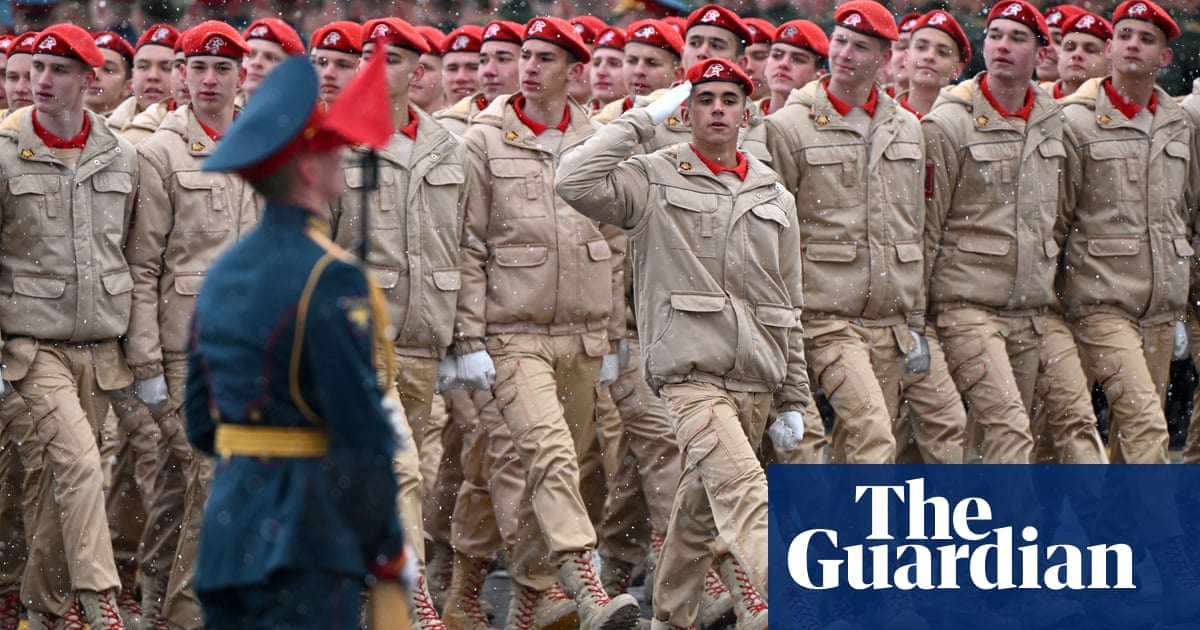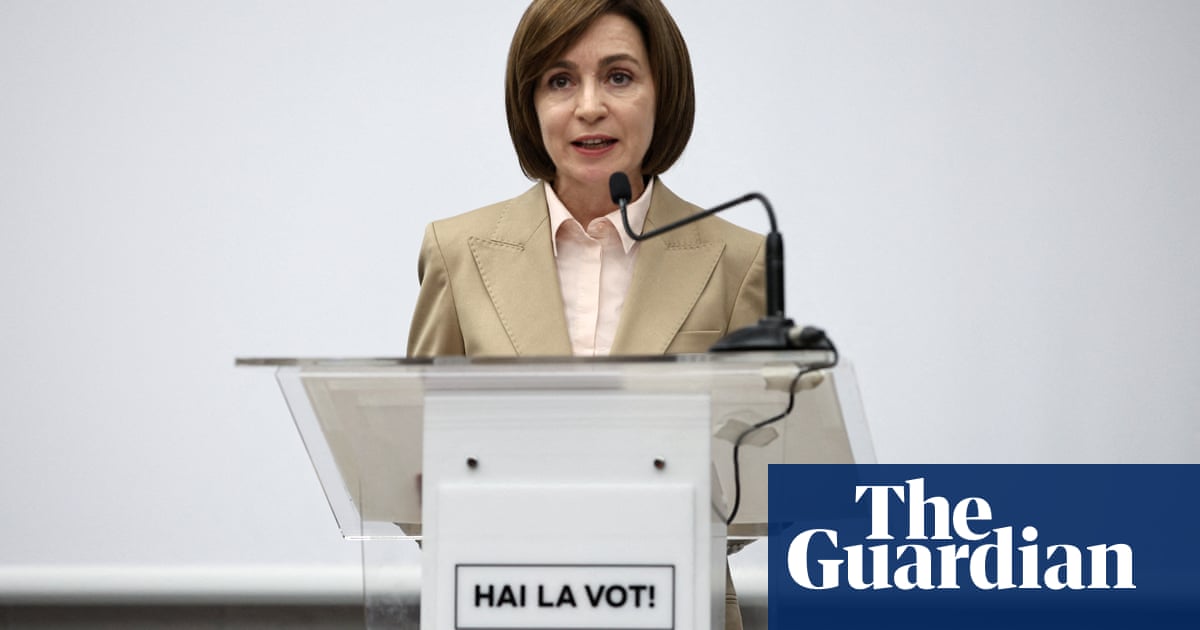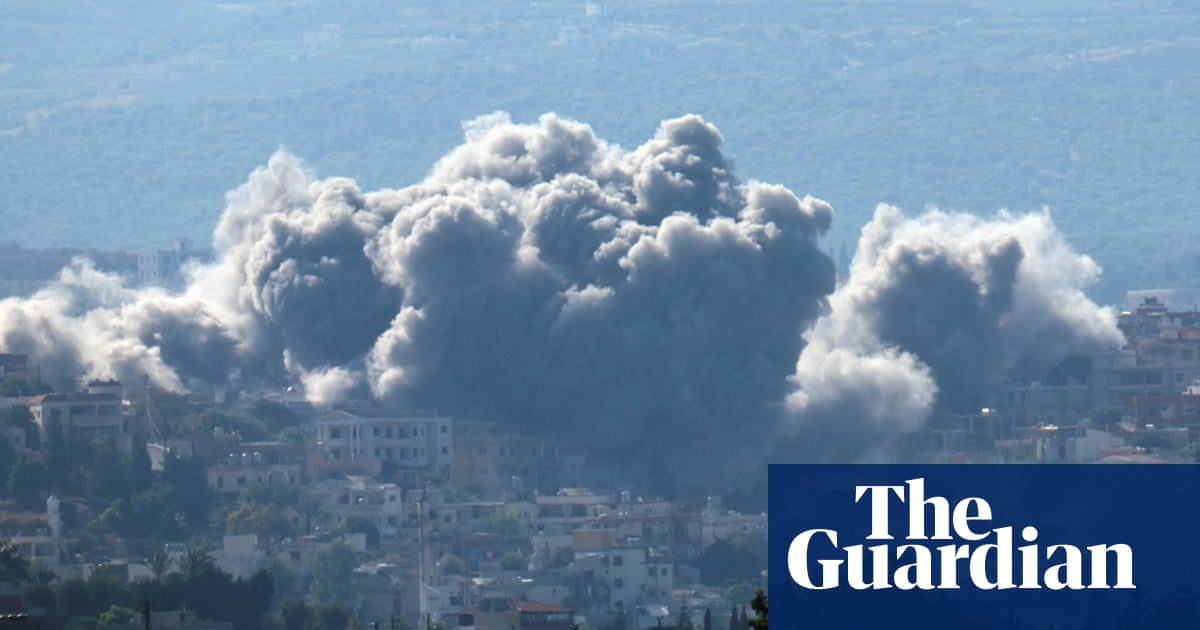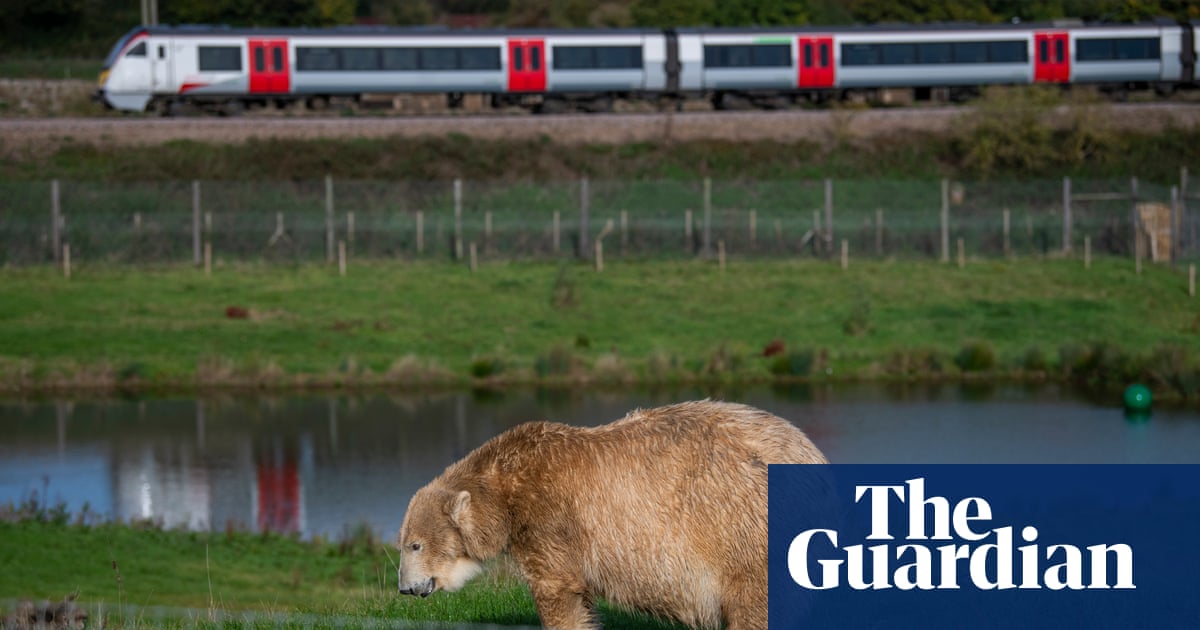Shortly after turning 18 in February, Daniil Yermolenko fulfilled a long-held wish and signed a contract with Russiaâs armed forces. A month later, he voted for the first time, casting a ballot in the presidential election for Vladimir Putin, who had already been in power for six years when Yermolenko was born in 2006.
By late March Yermolenko had completed a basic two-week military training, and he was sent to Berdychi in eastern Ukraine where Russian forces were engaged in a devastating assault as part of its spring offensive.
There, on 4 April, during a storming of a Ukrainian position, Yermolenko found himself separated from his unit, surrounded by intense enemy fire. Before losing contact, Yermolenko reportedly radioed his base: âThis is it guys. I am doomed.â
Last week his family and friends gathered in a small town in central Russia to receive Yermolenkoâs casket, which was draped in the Russian flag. A military orchestra presided over the ceremony where the casket was lowered into the ground.
Yermolenko is the only recorded Russian casualty so far to have been born in 2006, making him the youngest known soldier to have died since Putin ordered his troops into Ukraine more than two years ago.
âHe couldnât wait to join the fighting, so when he came of age he took his chance,â said his brother Maksim, 25, in a telephone interview from the small town of Krasnoufimsk, near the Ural mountains, to where he returned from the frontlines to attend the funeral.
Maksim had signed up for the army first, in 2022, shortly after the start of Russiaâs full-scale invasion. âHe wanted to follow my example and enlist. I warned him that war isnât pretty ⦠but mentally he was ready,â he said of his brother.
âI am proud of Daniil,â Maksim said. âHe always said he wanted to fight Nazis and fascists there,â he added, repeating some of the false narratives popularised at home by the Kremlin to try to justify its war on Ukraine.
Thousands of young Russians, often referred to as âGeneration Pâ for having lived only under Putinâs presidency, have died fighting in Ukraine. Mediazona, a Russian outlet that tracks war casualties using open sources, has identified nearly 5,000 soldiers under the age of 24 who have died in the war, including 1,400 under the age of 20. The real toll is likely to be much higher, the outlet says.
Russia portrays these fallen men, many of whom hail from the hinterlands, as heroes. And the Kremlin has gone to great lengths to make sure many more young people join the fighting as Putin seeks to re-engineer the country into a militarised society.
Shortly after the war began, Russian authorities amended its laws to allow 18-year-olds like Yermolenko to enter contract service immediately after finishing school. More ambitiously, the Kremlin has embarked on an unprecedented campaign to mould a new generation of Russians eager to enlist in the military.
Ever since Putin came to power in 2000, the Russian government has attempted to impose a state ideology on its youth, investing heavily in pro-government youth organisations. But for years these efforts seemed to be failing, with young Russians often at the forefront of pro-democracy protests and topping polls expressing anti-government sentiments.
The war in Ukraine, however, gave the Kremlin a renewed momentum to indoctrinate teenagers with Putinâs highly aggressive and anti-western version of patriotism.
âWe are waging at least three wars,â said Sergei Novikov, a senior Kremlin bureaucrat, in July 2023. âThere is the war on the frontlines. There is the economic war. And the third war is an ideological war ⦠a war for the minds of the youth.â
Russia has dramatically increased its spending on patriotic education and state-run militarised groups for children and teens, from £25m in 2021 to more than £382m in 2024. Since the onset of the conflict, public school textbooks have been rewritten to align with the Kremlinâs foreign policy, reflecting Russiaâs interpretation of history that emphasises the need to reclaim âhistorical territoriesâ lost to Ukraine.
Moscow has placed special importance on war veterans, including former convicts from the Wagner group, who have returned home from Ukraine. In a recent speech Putin said more than 1,000 Russian veterans were already employed in schools. Starting in September, many of them will lead compulsory military lessons, which will include training in operating drones and handling Kalashnikovs.
Young Russians are also confronted with more conspicuous, physical reminders of the war. Across schools in Russia, thousands of memorial plaques have been set up to honour former students who died in what is framed as the ultimate sacrifice for the homeland.
In one school in the Siberian city of Bratsk, members of Russiaâs youth army, Yunarmiya, gathered in February to inaugurate a memorial dedicated to six graduates. A video report of the event published by a local news outlet showed grieving mothers sitting on a school bench as Yunarmia youth read out poems that glorified war. The video then cuts to a young Yunarmia member introduced as Denis who says he âwould like to become a hero like these menâ.
The long-term effectiveness of the stateâs militarised messaging is still up for debate. âIdeological indoctrination of teens is one of the areas where the Russian state comes closest to being totalitarian,â said Ekaterina Schulmann, a Russian political scientist.
But she pointed to recent polling that showed younger Russians still preferred individualist success over state ideologies. âIt is still too early to say how successful the Kremlin has been,â she said.
Schulmann said the massive financial incentives to sign military contracts were likely to play the biggest role in persuading young men to join the army.
In Krasnoufimsk, Maksim Yermolenko stressed he was eager to return to fight. âAfter my brotherâs death, I feel extra motivated to finish the job,â he said.
More than anything, Maksim said he wanted young Russians to follow his siblingâs example. âI hope Daniilâs story will serve as an inspiration for others to enlist.â



